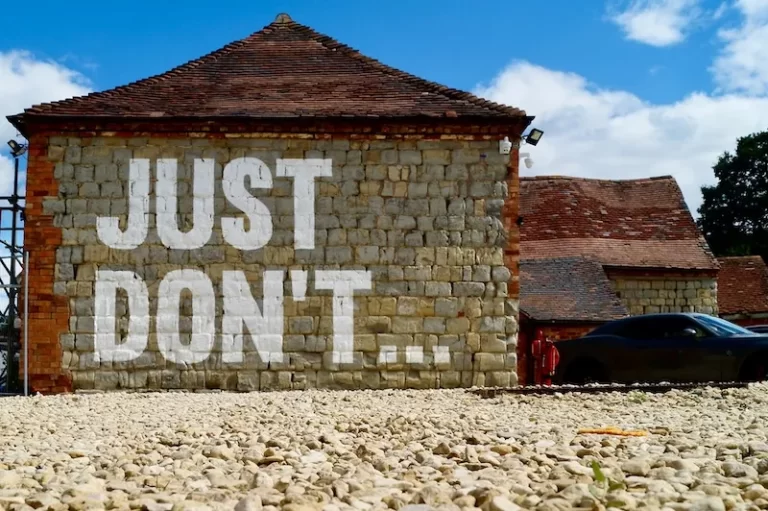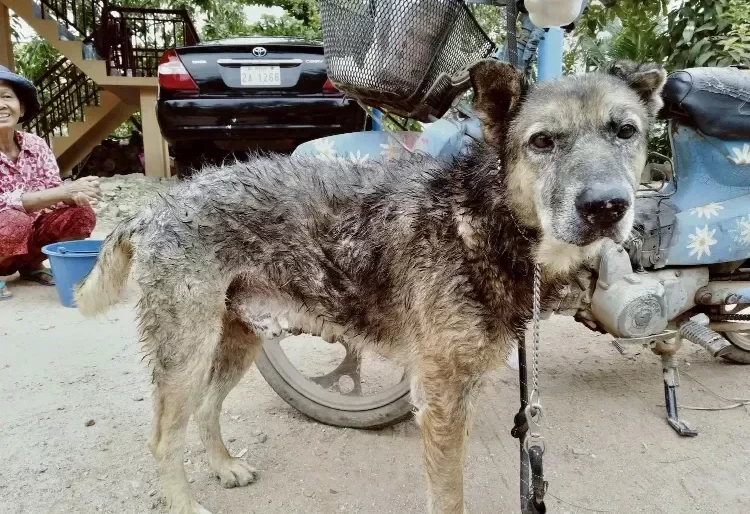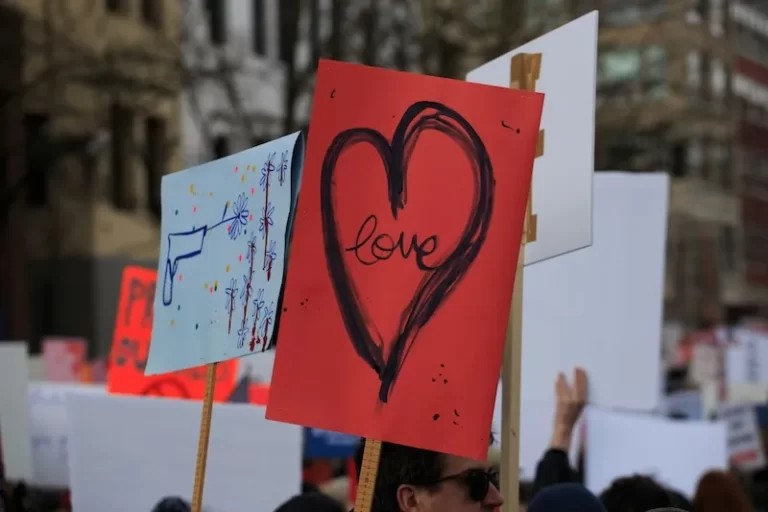How to Say No Without Feeling Guilty
Empower Yourself with 5 Simple Strategies
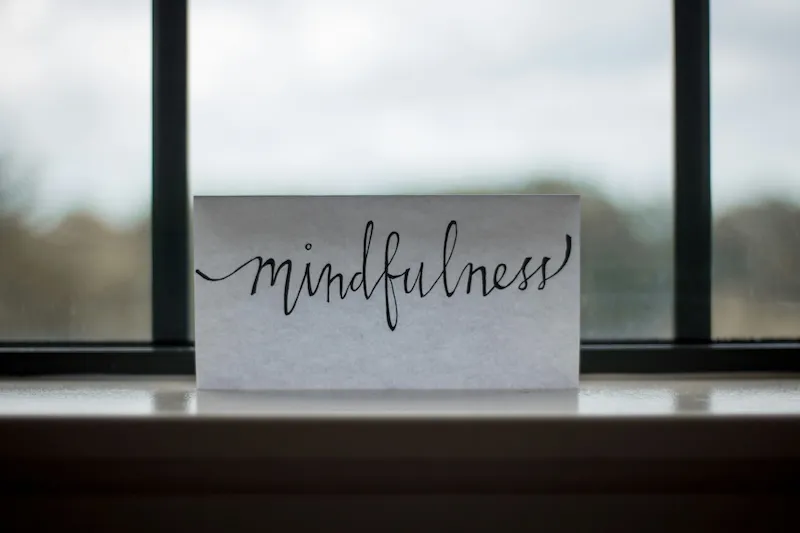
Let’s be honest: saying “no” can feel like an Olympic-level challenge. Whether it’s a friend asking for a favor, a colleague piling on extra work, or yet another invitation to something you’re not keen on, the pressure to say “yes” can be overwhelming. But here’s the thing—constantly saying “yes” when you mean “no” is a one-way ticket to burnout. So, how do you say no without feeling like you’ve let someone down? Let me show you 5 motivating ways to say no with confidence and reclaim your time.
1. Understand That “No” is a Complete Sentence
As British, we’re often known for our tendency to over-apologize and over-explain. (“I’d love to, but I’ve got to wash my hair/feed the cat/rearrange my sock drawer.”) We feel compelled to offer excuses, even when it’s unnecessary. But here’s the thing: “No” is a complete sentence. You don’t need to justify yourself or launch into a long-winded explanation about why you can’t help or attend something. While it’s fine to give a brief explanation if you feel it’s needed, the truth is—you don’t owe anyone a detailed dissertation about your reasons.
It might feel uncomfortable at first, especially if you’re used to filling the silence with excuses. But trust me, practicing saying “no” without following it up with a reason can be incredibly liberating. By simply stating your boundaries and standing firm in them, you’re showing respect for your time and energy—and in turn, setting a healthier precedent for how others should treat your space and availability.
- How to Be Assertive: Assertiveness Skills for Personal and Professional Life on SkillsYouNeed.com.
Start small—say no to things that aren’t urgent or essential, like declining an extra slice of cake or skipping a social event you’re not excited about. As you get more comfortable, you’ll find that saying “no” becomes easier—and the guilt that often comes with it begins to fade. In the end, it’s about reclaiming your time and learning that you don’t have to apologize for making yourself a priority.
2. Shift Your Mindset
Saying No is an Act of Self-Respect
It’s completely normal to feel guilty when you say no. We’ve all been there, thinking that turning someone down makes us seem selfish or as if we’re letting others down. But here’s a powerful truth: saying no is not only okay—it’s an essential act of self-respect. When you say no, you’re valuing your own time, energy, and well-being, which is something we often overlook. In a world that constantly pushes us to do more, be more, and please everyone around us, saying no is a way of taking a stand for yourself.
Think about it this way: every time you say yes to something that doesn’t align with your priorities, you’re essentially saying no to yourself. You’re saying no to your peace, your health, and your happiness. And you deserve to prioritize those things. Your time is a finite resource—why waste it on commitments that drain you or don’t bring you joy? By saying no, you’re making room for the things that truly matter.
Shift your mindset: view each “no” as a resounding “yes” to your personal boundaries, mental well-being, and the things that truly nourish you. Saying no doesn’t mean you don’t care about others or that you’re unwilling to help—it simply means you’re being mindful of your own limits. When you respect your own needs, you’re in a much better position to show up fully for others when you do say yes.
If you’re struggling with self-worth or setting boundaries, my blog on From Struggle to Joy | 6 Ways Self-Love Empowered My Life might offer some helpful insights on how to start viewing yourself with more compassion and confidence.
3. Be Honest but Tactful
Communicate Your Limits with Kindness
When it comes to saying no, many of us fall into the trap of feeling like we need to come up with elaborate excuses. We worry that without a detailed explanation, the other person might feel rejected or offended. But here’s the thing: you don’t need to invent a complex excuse to justify your boundaries. In fact, a simple, honest response is often the most effective and appreciated.
For example, instead of overloading yourself with a made-up story, you could say:
- “I’d love to help, but I’ve got a lot on my plate right now.”
- “That sounds lovely, but I need some downtime this weekend.”
- “I’m not able to take that on, but I hope it goes well!”
Notice that these responses are straightforward, yet polite. They acknowledge the request without over-explaining, and they provide a clear answer while still being kind and respectful. You don’t need to feel guilty or defensive for setting boundaries. Being honest doesn’t mean being harsh—it’s about communicating your limits with clarity and empathy.
Honesty isn’t about being blunt or dismissive; it’s about respecting both your own time and energy as well as the other person’s feelings. When you say no, you’re not rejecting the person—you’re simply drawing a line in the sand to protect your well-being. And that’s something to be proud of, not ashamed of.
It’s important to remember that the way we communicate our no’s can make a big difference. You don’t have to apologize profusely or make excuses. A clear, calm, and respectful response is often all you need to get your message across without guilt or conflict.
4. Remember
You Can’t Pour from an Empty Cup
One of my all-time favorite mantras is: You can’t pour from an empty cup. It’s a simple yet powerful reminder that if you’re constantly giving to others without taking time to replenish yourself, you’ll eventually burn out. Imagine trying to pour water from a jug that’s already empty—you can’t keep giving without refilling, and the same applies to your energy, time, and mental resources.
When you say yes to everything, when you stretch yourself too thin trying to please everyone around you, you’re essentially draining your own cup. And eventually, you’ll find that there’s nothing left to give. Saying no isn’t just about protecting your time; it’s about ensuring you have the energy to show up fully for the things that truly matter to you—whether that’s your family, your career, your personal well-being, or your passions.
- Burnout: How to Avoid it and Recover on NHS.uk.
Think of it this way: saying no isn’t selfish—it’s an act of self-care. If you don’t take the time to recharge, you’ll quickly find that you’re unable to give your best to anyone, including yourself. Self-care isn’t about luxury; it’s about survival. When you put your own needs first, you’re making sure that you can continue to show up for others without compromising your health, happiness, or peace of mind.
Next time you feel guilty about saying no, remember this: You’re not being selfish—you’re being responsible. You’re taking care of yourself so that you can take care of the things and people that truly matter.
If you’re feeling overwhelmed or unsure where to start, my blog on 5 Helpful Steps To Take When Overcoming Life’s Challenges offers practical advice for regaining balance and finding your center again.
5. Practise, Practise, Practise
Mastering the Art of Saying No
Saying no isn’t something that comes naturally to everyone. In fact, it’s a skill—and like any skill, it requires practice to improve. If you find yourself struggling with saying no, don’t be hard on yourself. It’s completely normal! The more you practice, the easier it will become, and the less guilt you’ll feel.
Start small. Think of low-stakes situations where the consequences of saying no are minimal—like politely turning down an extra slice of cake (I know, it’s tough!) or skipping an event that doesn’t excite you. The key here is to practice in environments where the pressure isn’t too high so you can build your confidence. When you say no in these everyday situations, you’ll start to develop a sense of control and assertiveness, which will translate into more significant areas of your life.
As you grow more comfortable with saying no, you’ll notice that it becomes less of a burden and more of an empowering tool for setting boundaries. The more you practice, the more you’ll realize that saying no doesn’t diminish your value—it actually enhances it by teaching you to prioritize your well-being.
It’s important to remember that practicing isn’t about perfection; it’s about progress. Don’t expect yourself to be flawless from the get-go. Sometimes, you might still feel guilty or second-guess your decisions, and that’s okay. With time, you’ll find that the guilt fades, and the sense of empowerment will increase.
And if you ever feel like you need a little extra push to keep going, even when it feels tough, check out my post on Perseverance – 5 Awe-Inspiring Lessons On How To Keep Going. It might just give you the inspiration you need to stay committed to this journey of self-empowerment.
Final Thoughts
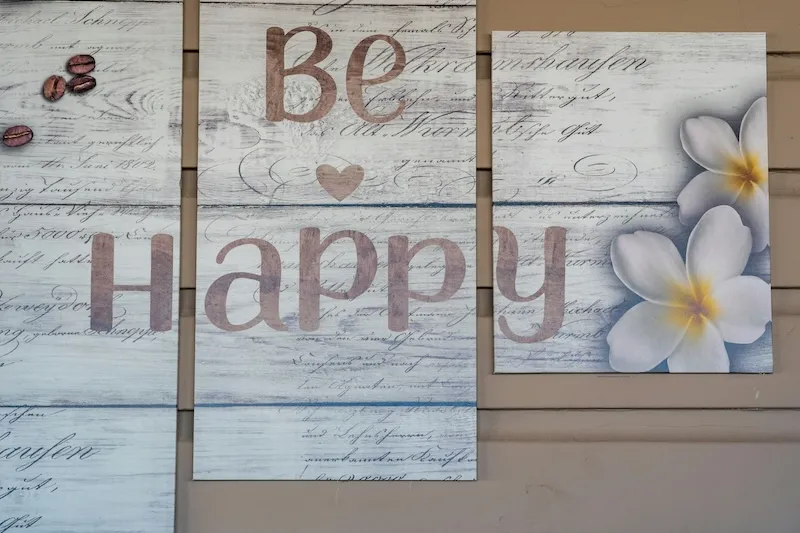
Saying no doesn’t make you a bad person—it makes you a human being with limits, values, and priorities. In a world that constantly asks us to do more and be more, setting boundaries is an act of self-respect. By learning how to say no without guilt, you’re not rejecting others; you’re simply choosing yourself first. And in doing so, you’re better able to show up for the things and people that truly matter.
So, the next time you’re tempted to say ‘yes’ when you really mean no, take a deep breath and channel your inner strength. It’s not about rejecting others; it’s about respecting your limits. Setting boundaries isn’t selfish—it’s essential for mental well-being, personal growth, and living a life that aligns with your values.
If you’re ready to step into a life where you say no with confidence and prioritize your happiness, check out my blog on Seize 2025 | Take Charge And Create The Life You Desire.It’s time to take control of your future and create a life that aligns with your vision and values.
Now, if you’ll excuse me, I’m off to practice saying no to that second biscuit, as they say, we are what we eat! Healthy Eating| Are You What You Eat? Start Today With 1 Tip. Wish me luck—because, let’s face it, that’s the real challenge!

